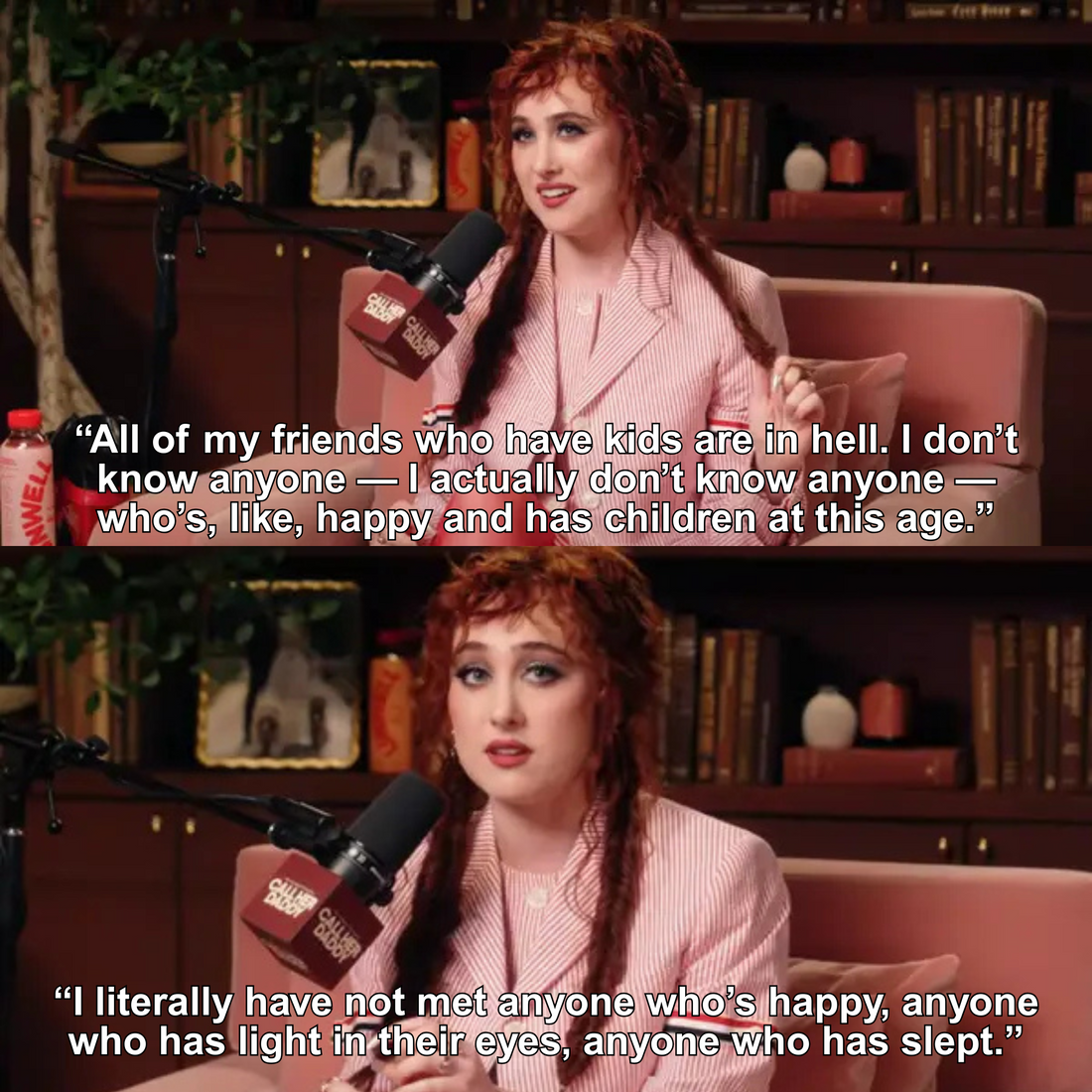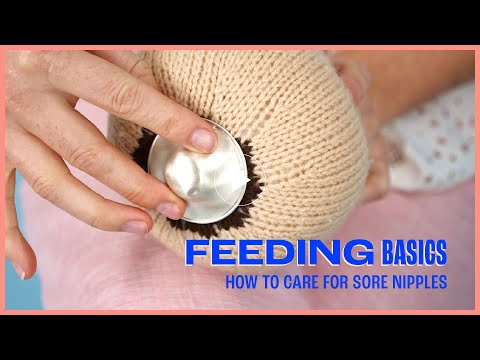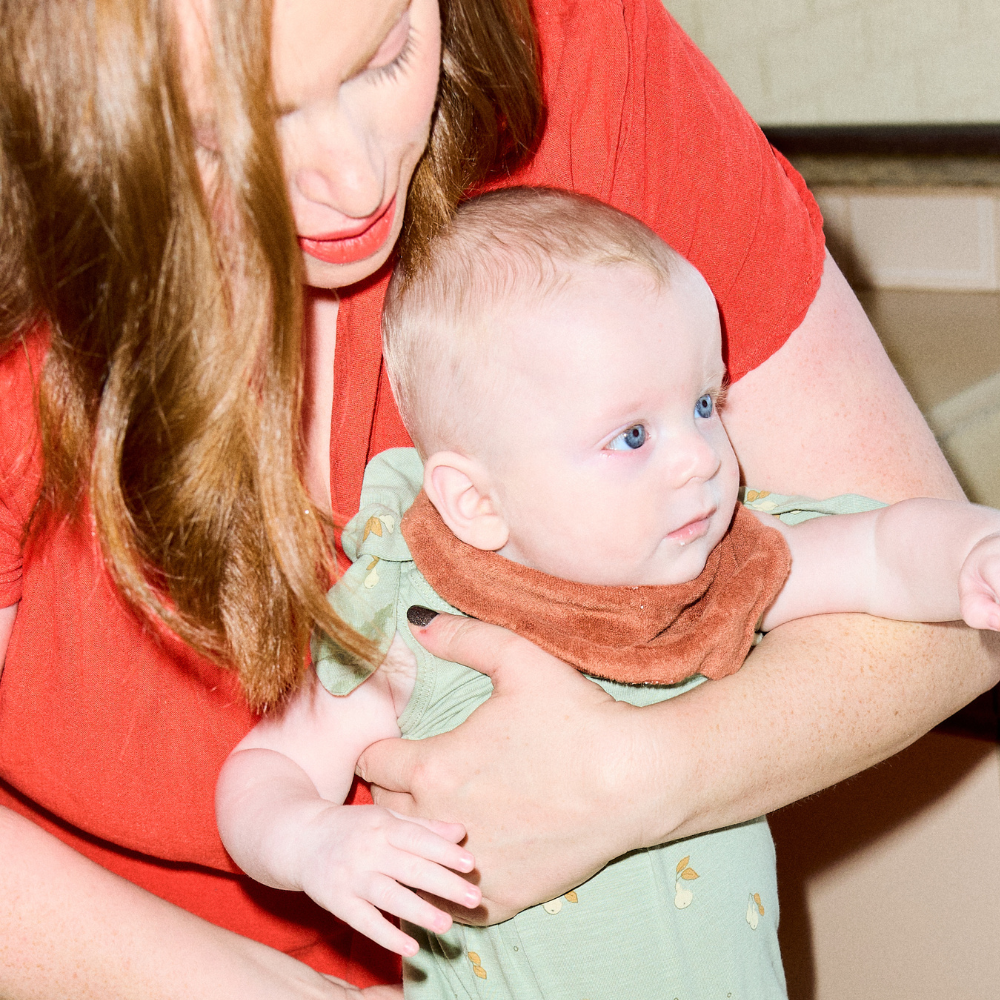Chappell Roan Being Dubious About Parenting Is Kinda The Point, No?


Last week Chappell Roan, singer of Pink Pony Club and the popstar most likely to start a round of social discourse whether it be about the responsibility of fame or, this time, the appeal of parenthood, appeared on the Call Her Daddy podcast. The pop star told host Alex Cooper that many of her childhood friends are parents of young children and that they are all “in hell.” This set off several days’ of conversation in think pieces, podcast segments, and posts and comments on Instagram and TikTok, where it was debated if parenthood was the best, or the worst, and who’s allowed to make the call.
“All of my friends who have kids are in hell. I don’t know anyone — I actually don’t know anyone — who’s, like, happy and has children at this age,” said Roan, who is 27, in response to being asked about her own family plans. She said of the people she knows with kids of ranging ages under 5 years old, “I literally have not met anyone who’s happy, anyone who has light in their eyes, anyone who has slept.”
It is not the first time that modern day parenting has been pointed out as seeming… not all that enticing? In 2019, UK-based journalists Pandora Sykes (then pregnant with her first child) and Dolly Alderton talked candidly about the fear around having children on their now defunct but then highly popular The High Low podcast. In 2023, Zara McDonald and Michelle Andrews, cohosts of Shameless spoke about the overwhelm of content talking about the hardship of motherhood: “I keep being swamped with content that motherhood will be terrible for my mental health, terrible for my body, terrible for my marriage. And I want a baby. I really do. I am happy right now. I don't want to sacrifice my happiness that I have now for a question of will it be worth it? None of you can actually tell me why [it will be worth it]," said McDonald.
The conversation about the transition to motherhood looking terrifying has been humming for the best part of a decade now, which hits almost exactly the time frame that Millennials have been becoming parents. Millennial parents have been the first with the capacity and inclination to really share the realities of parenting. Cracking the cone of silence around postpartum has been one of our great achievements, propelling research, product development, institutional and societal change around childcare, parental leave, postpartum recovery and newborn care. Understandings around the postpartum hormone dump, matrescence and the motherhood mental load have become part of the collective consciousness.
It’s a stark contrast to previous generations of parents who felt they had to be seen as “doing well” in early parenthood. This translated to a clean house, a “bounced back” body, and strictly, only glowing positivity about their role as a parent. Speaking on the Mammamia Out Loud podcast this week, cohost Holly Wainwright, whose children are teens, said in response to the idea that there is too much negativity around parenting nowadays, “Until about 10 years ago there was only positivity about parenthood, and you were never allowed to say anything other than that it was the greatest thing that ever happened to you, the most important job you’ll ever have, you’d never known true love before, and it’s a much more complicated experience than that.”
Now, parenting has always been hard, and that difficulty has always been discussed in intimate circles with close friends, but for Millennial parents, many of whom live away from their families and support systems, those intimate circles have been pushed to online and, sometimes, the gamification of social media virality has encouraged us to push the boundaries of what is shared. When the pendulum swings, it has to go to extremes before it settles. The aim of the Millennial parent share-conomy has been to incite attention, understanding and action. For themselves, and for future parents. The prevalence of postpartum depression in the US increased from 9.4% in 2010 to 19.3% in 2021. Education and preparation before birth is one of the most effective ways to prevent poor mental health after birth. In other words, many Millennials walked into parenthood with the sweet nothings of “newborn bubble”, “your body will know what to do”, "ignorance is bliss”, and as soon as they were on the rocky parenting road, they couldn’t stop screaming, “WTF is going on?! Why did no one tell me?” And they want to dispel the disillusionment for mums to come.
It would be remiss to not mention the other factors that presumably play a part in parenthood not looking so appealing to Chappell Roan. For one, she’s 27, well below the average age of a first time mum which is 31 in Australia. She’s also from a state in the US (Missouri) without abortion rights, and a country that is quickly dismantling them. Then there is the fact that, due to our vocality, parents are simply more aware that the path to parenthood isn’t always straight forward. Miscarriage and infertility are common, we’re careful not to boast about our blessings when it could negatively impact someone desperately trying to conceive. There’s also the pure and simple fact that being at the park at 6am with your 2-year-old who’s been awake since 4am isn’t going to look appealing to anyone who doesn’t love your kid, and even then, it’s unlikely to be putting a sparkle in your eye, but maybe a prideful warmth in your gut.
Most parents I know would say parenting is the hardest thing they’ve ever done, but also the best. That people are recognising it as complex should be seen as a win. That people who aren’t yet parents are having honest conversations about it is good. That the narrative that everyone must have kids to live a fulfilled life is changing is necessary. As someone who’s really taken up the cause of dispelling parenting fact fog and preaching knowledge and empowerment, I find Roan’s unfiltered comments satisfying. A testament that the work we’ve been doing is making headway.
Finally, it needs to be agreed that the experience of parenting can’t be captured in a soundbite. It’s not a movie or a year abroad. You can’t give it a rating out of 10, or convey it in a nutshell over coffee with a suddenly hugely famous old friend. It’s a life path that changes you emotionally, mentally and physiologically, forever. It has flux and constant change, it’s forever impactful and irreversible. For some, that sounds terrifying, for others, exciting, and for many of us, something in between. That it is being discussed, without the pressures or presumptions of times gone by, is the point, it’s what we’ve been working for.













































































































